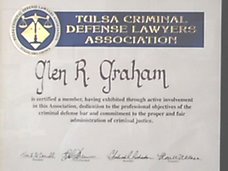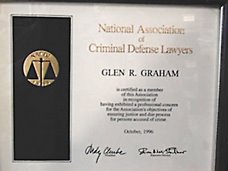Why Do People Waive Their Miranda Rights or Give Confessions?
These study results indicate that people have a na¨ýve faith in the power of their own innocence to set them free. Conceptually, this effect may reflect a special instance of a generalized, and perhaps motivated, belief in a just world in which human beings "get what they deserve" and "deserve what they get" (Lerner, 1980). The effect may also be viewed as symptomatic of an "illusion of transparency," a tendency for people to overestimate the extent to which their own thoughts, emotions, and other inner states are detectable and knowable by others (Gilovich, Savitsky,&Medvec, 1998; Miller& McFarland, 1987). This illusion was evident in a recent study in which mock suspects erroneously assumed that their guilt or innocence would be judged accurately by the interrogator—and by others who would observe their denials (Kassin & Fong, 1999).
From a practical and legal standpoint, this study suggests that Miranda warnings may not adequately protect from police authority the people who may need it most, those falsely accused of crimes they did not commit.With tragic results, this problem was evident in the classic case of Peter Reilly, an 18-year-old who confessed and internalized guilt for the murder of his mother after hours of suggestive interrogation. Solely on the basis of his confession, his confession, Reilly was prosecuted, convicted, and imprisoned until independent evidence later revealed that he could not have committed the murder.When asked in a recent interview why he did not invoke his Miranda rights, Reilly said, "My state of mind was that I hadn’t done anything wrong and I felt that only a criminal really needed an attorney, and this was all going to come out in the wash" (Connery, 1996, p. 93).






No comments:
Post a Comment